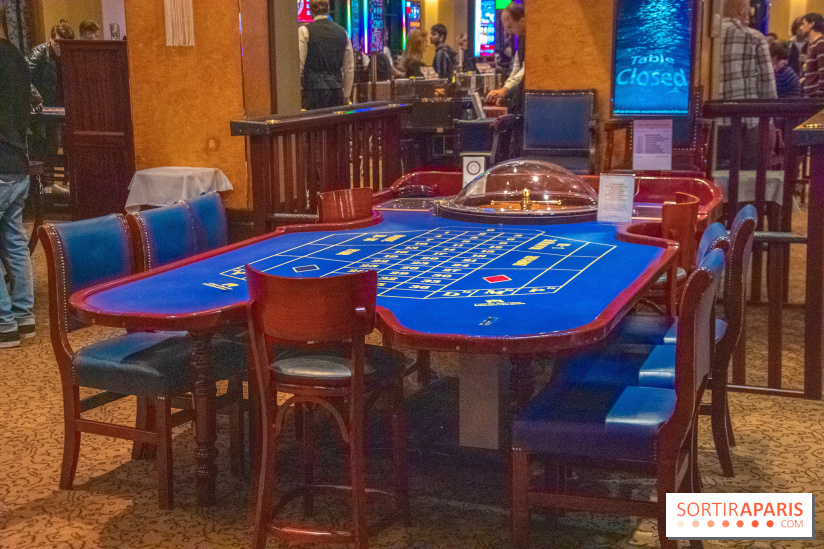With the experiment to install gaming tables in the heart of the capital set to come to an end on January 1, 2025, as a result of the motion of censure voted (the extension of the experiment was part of the finance bill), many are asking why there is no casino in Paris intra-muros. Although France now boasts some 200 casinos throughout the country, there are none in Paris.
There are historical, legislative and social reasons for this exception, linked to morality and the prevention of gambling abuses. The absence of casinos in the capital is the result of a series of laws put in place over a century ago, designed to protect the working classes while regulating the gambling industry.
In 1907, the French Civil Code defined the conditions for opening casinos in France, authorizing them only in spa towns and seaside resorts. Paris was excluded from this legislation, the aim being to maintain a distance between large urban centers and gambling.
In 1919, this restriction was reinforced by a ban on casinos within a 100-kilometer radius of the capital. The only exception was the casino at Enghien-les-Bains, which opened in 1931 in a spa resort, in line with the defined criteria. This ban on casinos in Paris is designed to avoid the risks of addiction and the negative social impacts that such establishments could generate.
Since 2018, the capital has seen the opening of experimental gaming clubs, allowing certain supervised practices, but without roulette or slot machines. These clubs, described as "half-casinos", operate under strict regulations. Despite these developments, the question of whether or not to set up real casinos in Paris is still being debated, pitting the advocates of economic modernization against the defenders of a strict social framework.
Now you know.
This page may contain AI-assisted elements, more information here.



















